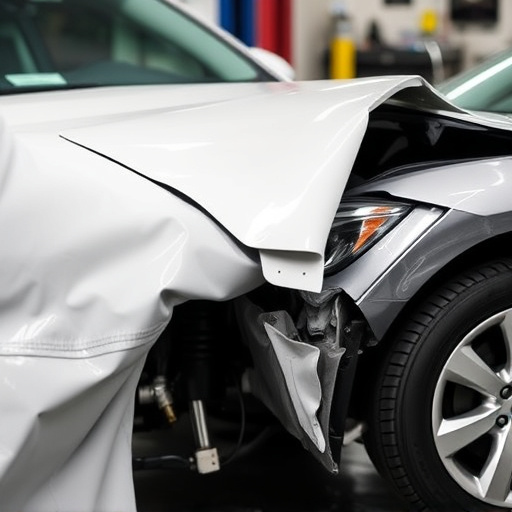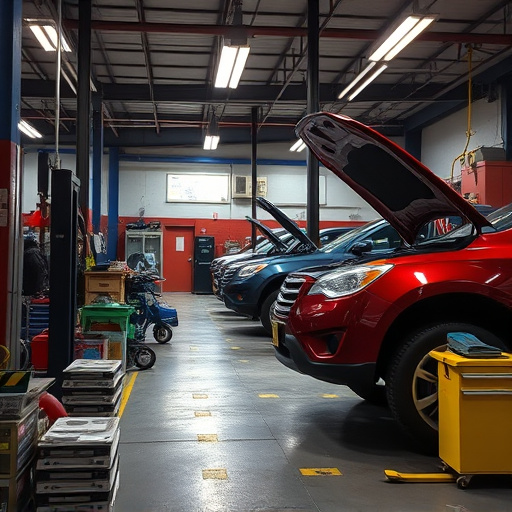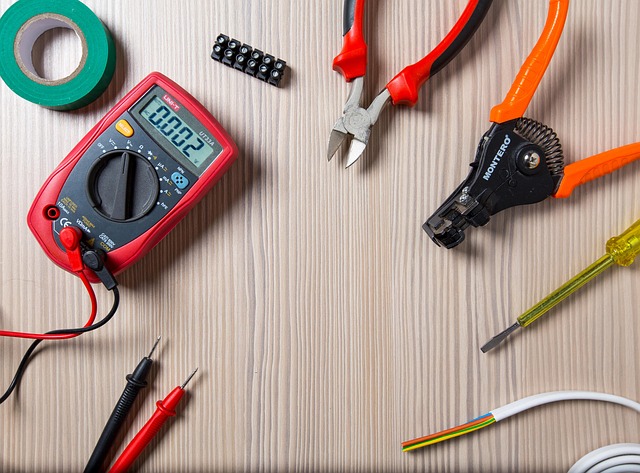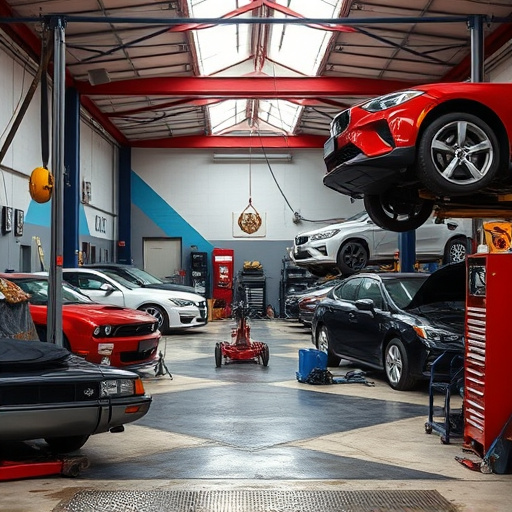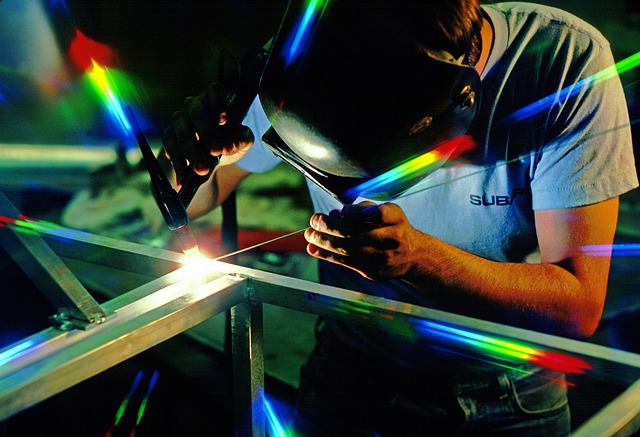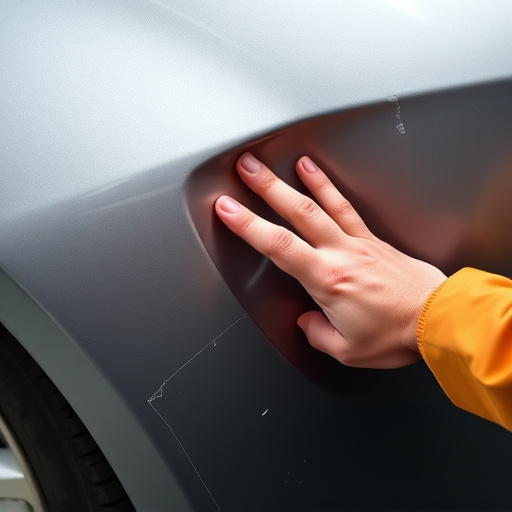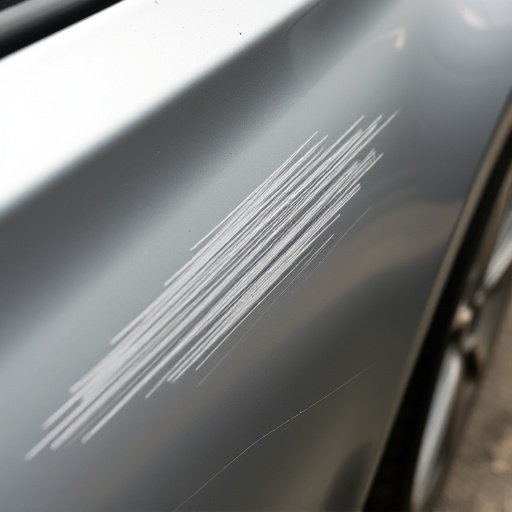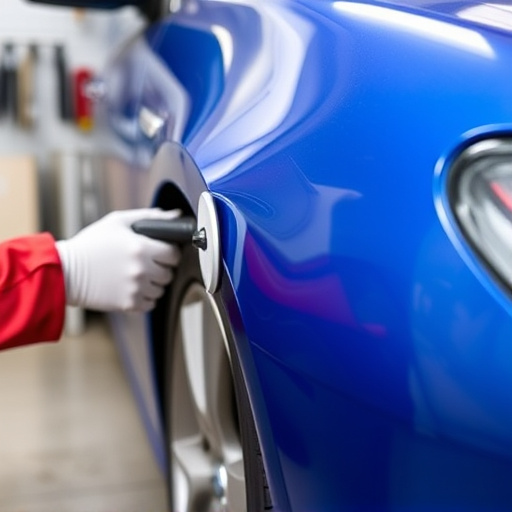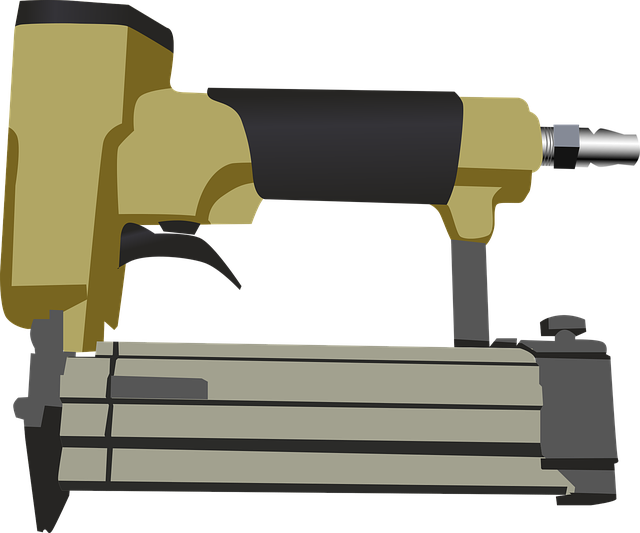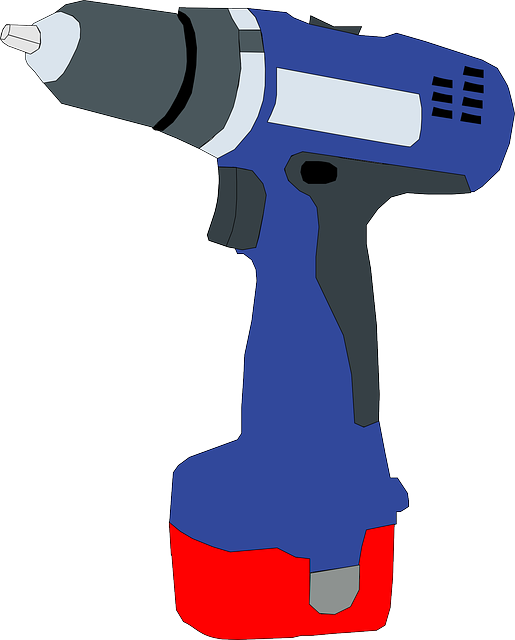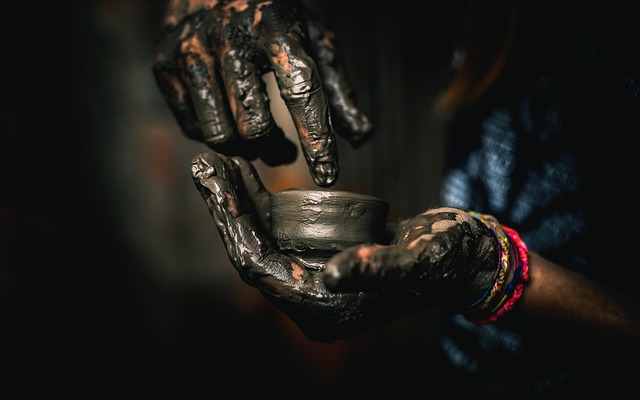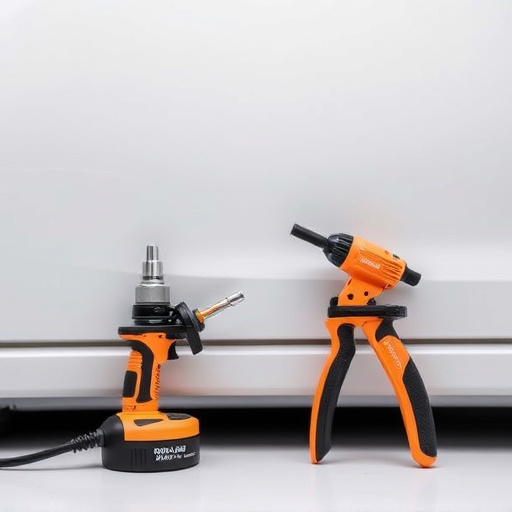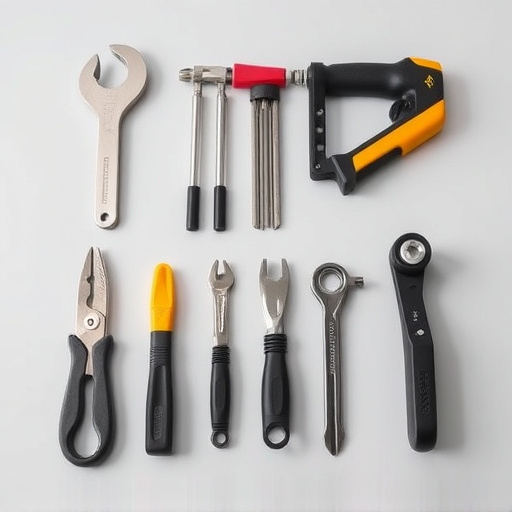Technological innovations like AI and robotics are revolutionizing auto accident repair, enabling self-assessment of damages and precise, efficient repairs. These advancements enhance quality and accessibility for services like Mercedes Benz collision repair, benefiting customers with consistent results. Evolving vehicle materials require body shops to adapt with specialized training and tools for composite and alloy repairs.
The future of auto accident repair is being reshaped by cutting-edge technology, promising a new era of efficiency and precision. From autonomous repair systems that can self-diagnose and fix damage, to the utilization of AI and machine learning for intricate repairs, these innovations are transforming traditional repair processes. Additionally, advancements in auto body materials offer improved strength and sustainability. This article explores these emerging trends, highlighting how they will redefine the landscape of auto accident repair.
- The Rise of Autonomous Repair Technology
- AI and Machine Learning for Precision Repairs
- Future Auto Body Materials and Their Impact
The Rise of Autonomous Repair Technology

The future of auto accident repair is being reshaped by the rapid advancement of technology, with one of the most significant trends being the rise of autonomous repair systems. These innovative solutions promise to revolutionize the way we approach car damage restoration. With artificial intelligence and robotics, vehicles can now assess their own damages, from minor fender benders to complex structural issues. This technology enables faster and more precise repairs, reducing the time and cost associated with traditional auto accident repair processes.
Autonomous repair technology is particularly beneficial for addressing various auto repair services, including car scratch repair and even specialized mercedes benz collision repair. Its ability to detect and rectify damages accurately means that even intricate details of a vehicle’s exterior or interior can be restored to their original condition. This advancement not only enhances the efficiency of repair shops but also ensures customers receive high-quality, consistent results, making auto accident repair more accessible and reliable than ever before.
AI and Machine Learning for Precision Repairs

The future of auto accident repair is being reshaped by artificial intelligence (AI) and machine learning technologies, promising precision and efficiency in a sector traditionally reliant on manual labor. AI algorithms can analyze complex data sets from sensor readings and 3D imaging to identify even the subtlest damage patterns, allowing for more accurate repairs than ever before. This advancement is particularly beneficial for intricate tasks like classic car restoration, where every detail matters.
Machine learning models can adapt and improve over time, optimizing repair processes by predicting part replacements and suggesting the most effective techniques for various types of car damage, from minor fender benders to major accidents. These technologies not only enhance the speed and quality of repairs but also reduce costs for both repair shops and insurance companies, streamlining the entire auto accident repair ecosystem.
Future Auto Body Materials and Their Impact

The future of auto accident repair is closely tied to the evolution of materials used in vehicle manufacturing. As we move forward, car makers are exploring lighter and more durable options that can withstand the demands of modern driving conditions. Advanced materials like carbon fiber composites, aluminum alloys, and even advanced plastics are expected to dominate the market. These materials offer superior strength-to-weight ratios, making them ideal for enhancing vehicle safety without adding significant weight. This trend has a direct impact on auto accident repair because traditional metal repairs may become less common, requiring specialized techniques and tools for these new materials.
In the event of an accident, the ability to restore vehicles to their pre-accident condition will be crucial. Newer materials, while offering enhanced safety, can be more challenging to work with during repair processes such as car dent removal or vehicle restoration. Car body shops will need to adapt and invest in advanced training and equipment to handle these new materials effectively. This shift towards innovative auto body materials underscores the constant evolution of the auto accident repair industry, ensuring that vehicles remain safe and that repair processes keep pace with technological advancements.
The future of auto accident repair is poised for a significant transformation, driven by innovative technology trends. Autonomous repair systems are set to revolutionize the industry, offering faster and more efficient solutions, while AI and machine learning ensure precise, data-driven repairs. Additionally, advancements in auto body materials will contribute to lighter, stronger, and more sustainable vehicles. As these technologies mature, auto accident repair will become safer, more effective, and environmentally friendly, enhancing the overall experience for all stakeholders involved.

